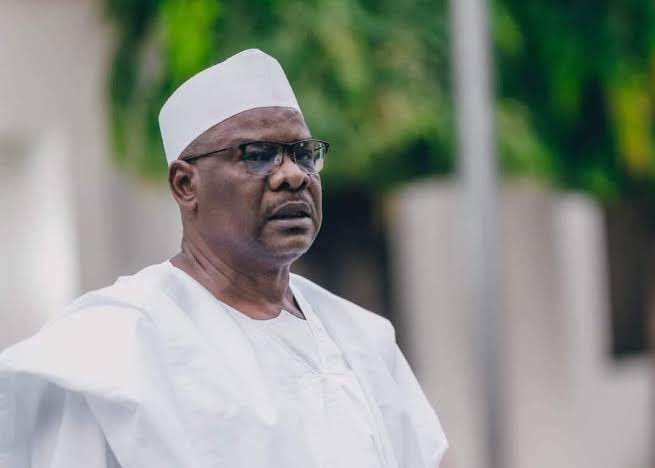Senator Ali Ndume’s remarks highlight a pervasive issue of corruption in Nigeria, suggesting that it is deeply ingrained in the political and social fabric of the country. His observations reflect a sentiment that many citizens share, pointing out the stark contrast between the lifestyles of politicians and the economic struggles faced by the general populace.
party of the statement read :
Many Nigerian politicians are corrupt, People suddenly become rich in Nigeria without explanation or consequence.
Corruption is Nigeria’s biggest problem, yet there’s no law to fight it effectively.
An honest politician is rare and considered “God-fearing.”
In Nigeria, corrupt individuals are often celebrated rather than punished.
There’s no “Unexplained Wealth Act” or similar measures to stop corruption.
Despite having fertile land, Nigeria hasn’t used it properly, contributing to hunger.
Ndume emphasizes the need for anti-corruption laws and a change in how society views corruption.
Ndume’s assertion that individuals can suddenly acquire wealth and luxury items, such as cars and jets, raises questions about the sources of their income, particularly in a nation where many are living in poverty. This phenomenon underscores the need for robust mechanisms to address corruption, including the establishment of laws such as the unexplained wealth act, which would require individuals to account for their wealth.
Additionally, his comments about the culture of celebrating corrupt individuals suggest a troubling normalization of unethical behavior in society. The idea that politicians can steal public funds and still receive respect and admiration from the community speaks to a broader issue of accountability and moral standards within governance and society.
Furthermore, Ndume’s mention of agricultural underdevelopment emphasizes the potential for economic growth that remains untapped due to corruption. By not effectively utilizing the country’s vast arable land, Nigeria misses opportunities for food security and economic development, which could alleviate some of the hunger and poverty experienced by its citizens.
Overall, Ndume’s statements call for a critical examination of the systems in place to combat corruption and the need for a collective effort to foster integrity and accountability in both public office and society at large.


